Thomas Jefferson not only brought Meriwether Lewis under his own tutelage, he made sure Lewis was trained and befriended by the best minds of the day. According to his friends and mentors, Lewis was an eager and quick learner.
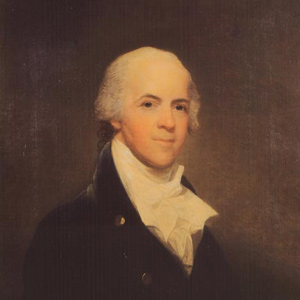

In 1802 George Logan had finished his first year as a United States Senator and had figured in the history of the Expedition by his membership on the three-man committee that approved Jefferson’s request for funds.
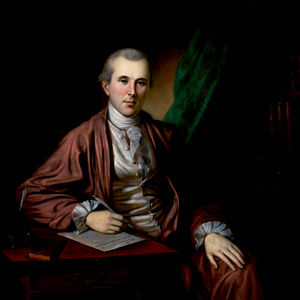

Rush was the most famous physician in America in 1803, the year Meriwether Lewis, at the behest of Thomas Jefferson, visited him in Philadelphia, where Rush would advise Lewis on how to keep his men healthy.
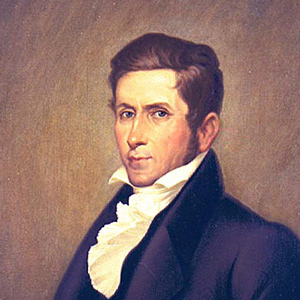

Dickerson, Philadelphian man-about-town, regarded Lewis as “the most sincere friend I ever had.” Lewis’s visit to Philadelphia in 1802 seems to have been a consequence of meeting Dickerson at Jefferson’s table in Washington.
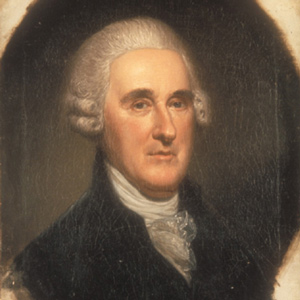

McKean, Pennsylvania governor, was the first pro-Jefferson, anti-Federalist governor in the nation. As Pennsylvania chief justice, he assumed it the right of the court to strike down legislative acts it deemed unconstitutional.
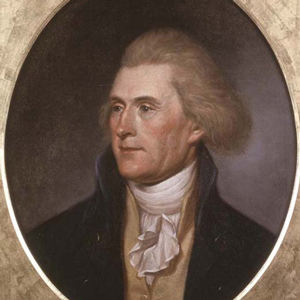

To understand the Lewis and Clark Expedition, one must understand this complex American leader.
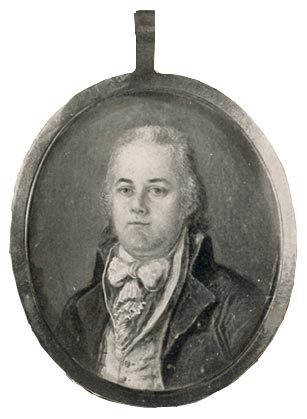

Ellicott was one of the best surveyors of his time, renowned today for the accuracy of his work. He was appointed Surveyor General of the United States in 1792. Ellicott’s personal history was particularly applicable to the mission at hand.
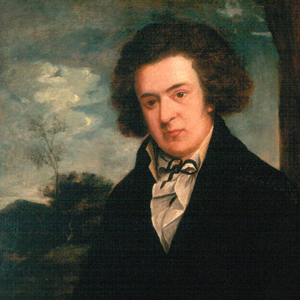

Important for the history of the scientific accomplishments of the expedition, its first plant specimens were consigned to Barton’s care. Here began the disassembling of the collection, and his promised volume on natural history was never written.
Caspar Wistar
Philadelphia mentor
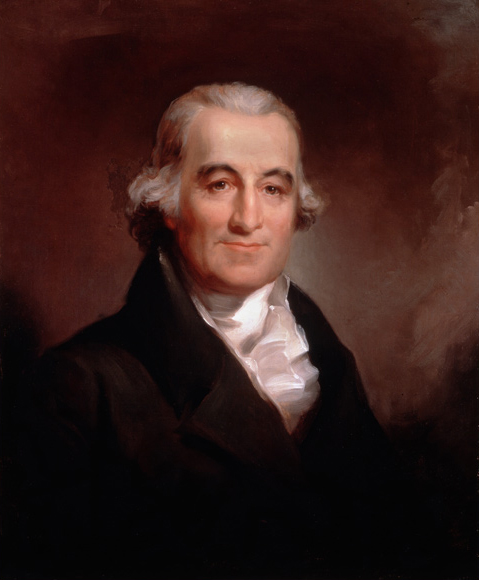

When Lewis met him, Wistar was an eminent physician and professor—popular with his students, beloved by his patients. In 1811, he completed and published the first volume of A System of Anatomy for the Use of Students of Medicine.
Robert Patterson
by Charles F. Reed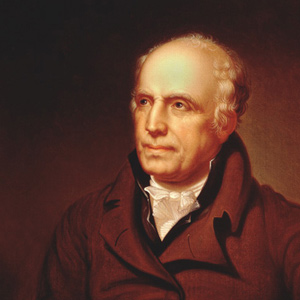

Patterson had established a school for establishing longitude from lunar observations. One of his most able students was Andrew Ellicott; one of the most prominent was Meriwether Lewis, for whom he prepared the study manual now known as the Astronomy Notebook.
Experience the Lewis and Clark Trail
The Lewis and Clark Trail Experience—our sister site at lewisandclark.travel—connects the world to people and places on the Lewis and Clark Trail.
Discover More
- The Lewis and Clark Expedition: Day by Day by Gary E. Moulton (University of Nebraska Press, 2018). The story in prose, 14 May 1804–23 September 1806.
- The Lewis and Clark Journals: An American Epic of Discovery (abridged) by Gary E. Moulton (University of Nebraska Press, 2003). Selected journal excerpts, 14 May 1804–23 September 1806.
- The Lewis and Clark Journals. by Gary E. Moulton (University of Nebraska Press, 1983–2001). The complete story in 13 volumes.

